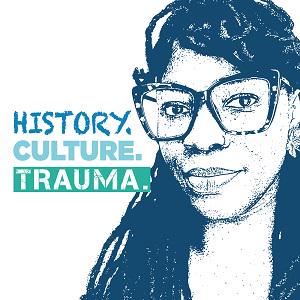Encore Dr. Donielle Prince: Is Mental Health just Health?
Research has found that there is credibility to the term mind-body connection. There is a clear link between our thoughts, feelings, emotions and our physical body. At this point, should we, as a society, stop separating mental health and physical health? Are they not one in the same? Please join us this week as our guest, PACEs Connection's very own Dr. Donielle Prince, discusses the mind-body connection with our host Ingrid Cockhren.
Through contributing to and coordinating the PACEs Connection Creating Resilient Communities Accelerator, Donielle will continue PACEs Connection’s mission to support the growth of both statewide and local community resilience initiatives. Donielle brings to this work over 20 years’ experience as a program evaluator, focused on education, community based youth programming, mental health, and its intersections. Donielle’s core expertise is in understanding those elements of programming and initiatives that present challenges, as well as those that yield the potential for change. Donielle’s signature evaluation projects included youth development studies, trauma informed training evaluations, and educational equity focused program and curriculum evaluations. Donielle’s experience has taught her that evaluation research is above all a communication tool- the ability to examine a program and then organize those findings, a process which helps to bring clarity to a program mission. A well crafted mission then becomes a platform from which to create and sustain tangible change. In the community, Donielle’s experience with research, policy and reform is reflected in her deep commitment to advocating for social justice. This work has included youth mentoring, including first-time offending juveniles and foster youth; as well as community based organizing against state violence, educational inequity, and lack of access to mental health supports, particularly for members of marginalized communities- similar to the community where she was raised, in East Palo Alto, CA, located in the “Silicon Valley”. Currently, Donielle resides in Sacramento, CA. Donielle has studied education, counseling psychology and human development, and race and racism, earning her B.A. at Wellesley College (1995), her MS. Ed. at the University of Pennsylvania (1996), and her Ph.D. at Stanford University (2006).
